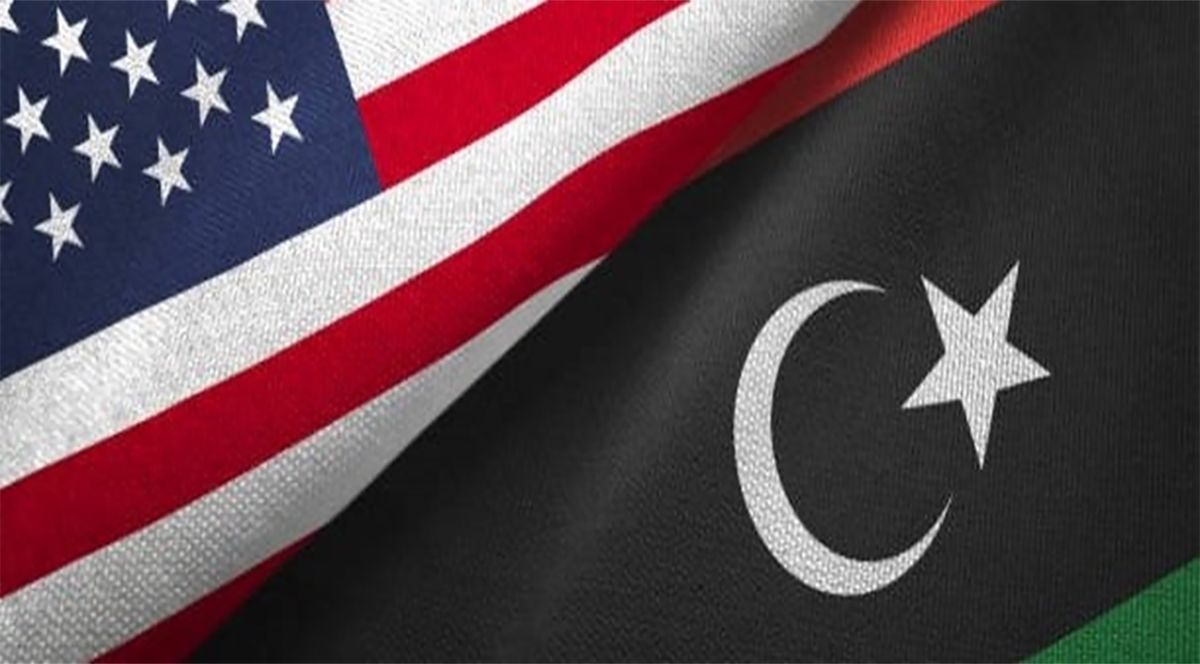The United States is taking steps to reopen its embassy in Libya after a decade-long suspension, prompted by concerns over Russia’s growing influence in the region. The State Department’s fiscal year 2025 request includes $12.7 million earmarked for potential embassy operations in Libya. This funding would support the establishment of a Diplomatic Travel and Support Operations Facility and increased use of dedicated aircraft for trips to Tripoli from Malta.
Highlighting Russia’s expanding presence on NATO’s southern flank, the budget request emphasizes the importance of maintaining U.S. presence in Libya to safeguard long-term security interests. Negotiations are underway for an interim facility in Tripoli to provide necessary security and staffing support.
The move to reopen the embassy coincides with Russia’s significant influence in Libya. Concerns have been raised about Russia spreading false narratives in the region, posing a strategic challenge to NATO’s southern flank. Marine Corps Gen. Michael Langley, head of US Africa Command, warned about the risk of countries in the Maghreb region falling under Russian influence.
Secretary of State Antony Blinken underscored the importance of diplomatic security, allocating $3.9 billion for Diplomatic Security and related programs to protect U.S. diplomatic operations globally, including the expanded presence in the Indo-Pacific, Libya, and the Eastern Caribbean.
The embassy in Tripoli was closed in 2014 amid civil unrest, following the attack on US facilities in Benghazi, which resulted in the deaths of Ambassador J. Christopher Stevens and three other Americans. Despite the reopening efforts, the State Department continues to advise against travel to Libya due to various security risks, including crime, terrorism, civil unrest, kidnapping, and armed conflict.
Adapted from CNN.




